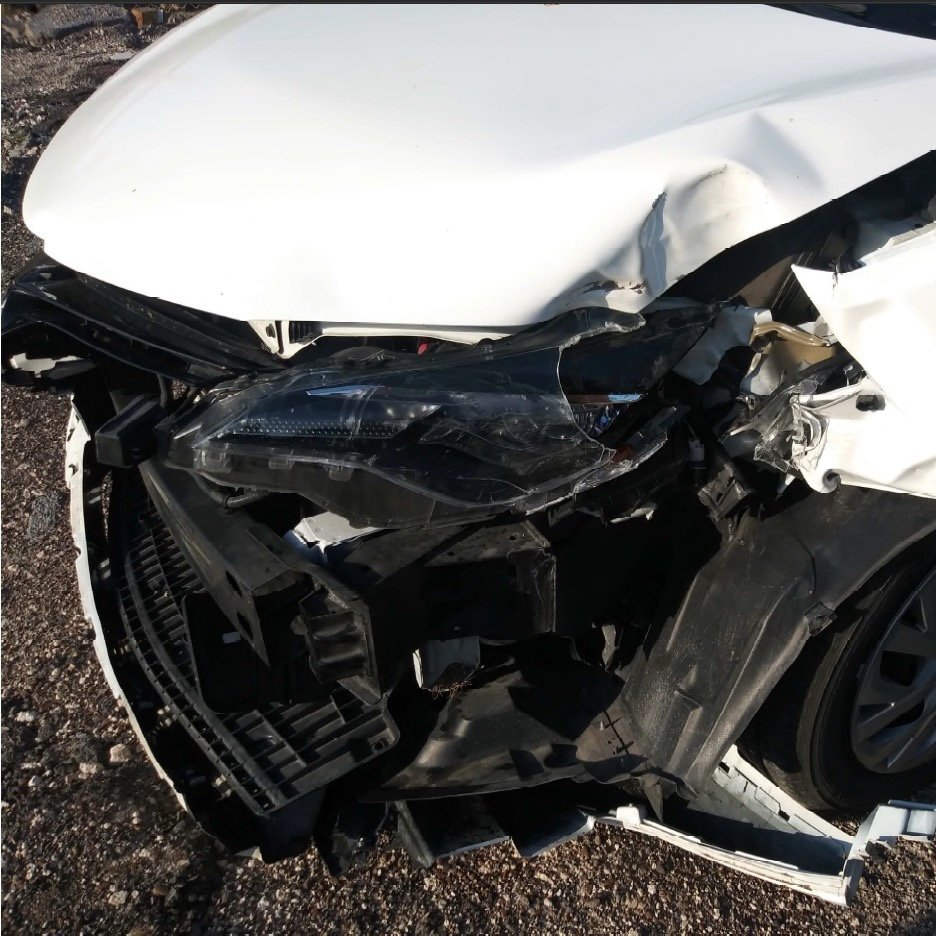How Do My Texas UM/UIM and PIP Policies Work Together?
If an uninsured motorist injures you, several different auto insurance policies may come into play, mainly uninsured motorist coverage and personal injury protection. How those two auto coverages work together depends on their respective policy limits and the actual damages.
What is UM/UIM Coverage?
Uninsured motorist insurance (“UM/UIM insurance”) protects the policyholder when the at-fault driver is either uninsured or has insufficient liability insurance to cover the policyholder’s injuries. UM/UIM is first-party coverage. Generally, UM/UIM policies cover the policyholder, the policyholder’s family, and those injured while occupying a covered vehicle.
A UM/UIM claimant can file a UM/UIM claim in one of three scenarios:
When the at-fault driver does not have a valid liability policy;
When the at-fault driver’s liability policy limits are not high enough to cover the claimant’s damages; and
If a hit-and-run driver injures a claimant and there is actual physical contact between the hit-and-run driver’s vehicle and the claimant’s person or property.
What is PIP Coverage?
Personal injury protection (“PIP”) is first-party insurance that provides payment for reasonable expenses arising from a motor vehicle accident. PIP provides “no-fault” coverage. Therefore, auto carriers must pay PIP benefits even if the recipient caused or contributed to the accident. Under Texas law, PIP policies must cover the policyholder, household members, and authorized operators and passengers.
Can an Insurer Offset a UM/UIM Claim by PIP Benefits Already Paid?
Most Texas UM/UIM policies contain the following language:
“In order to avoid insurance benefits payments in excess of actual damages sustained, subject only to the limits set out in the Declarations and other applicable provisions of this coverage, we will pay all covered damages not paid or payable under any workers’ compensation law, disability benefits law, any similar law, auto medical expense coverage or Personal Injury Protection Coverage.”
Under the standard Texas auto policy, an insurance company generally receives an offset for PIP benefits previously paid when handling a UM/UIM claim. However, the Texas Supreme Court has stated that the only purpose of the PIP offset provision is to prevent double recovery. Under that reasoning, the Court has held that a PIP offset provision does not prohibit stacking UM/UIM and PIP policies when a victim’s damages exceed the combined UM/UIM and PIP policy limits.
For example, assume that an uninsured motorist’s auto negligence causes a victim to incur $50,000.00 in damages. The victim has $30,000.00 of UM/UIM coverage and $2,500.00 in PIP protection. The victim’s “covered damages” (i.e., the amount the victim could legally recover from the uninsured motorist) is $50,000.00. The PIP offset reduces the covered damages to $47,500.00. Under Texas law, an auto insurer cannot take a PIP offset if the difference between covered damages and PIP credit exceeds the UM/UIM policy limits, which occurs in these circumstances. Therefore, in addition to the $2,500.00 in PIP benefits, the UM/UIM carrier must pay $30,000.00 in UM/UIM benefits—i.e., the lesser of $47,500.00 and the $30,000.00 UM/UIM policy limits, for a total of $32,500.00.
Speak With an Experienced Accident Attorney After a Car Wreck
While the law seems relatively straightforward, the application of this law to any given set of facts is not. For example, most Texas auto insurance companies routinely deem some medical treatments as “unreasonable” or “unnecessary” and undervalue a claim significantly. By undervaluing a claim, the insurance company can argue that the actual damages less PIP benefits do not exceed the UM/UIM policy limits and pay less than Texas law requires.
If an uninsured driver has injured you or a loved one, you have enough things to worry about. Do not let dealing with the insurance company or PIP offset provisions be some of them. We deal with the insurance company so you can focus on getting your life back to normal. You have one chance to do this; make the right choice by choosing the right attorney. Call us at (956) 291-7870 or email us at contact@rdjlawyer.com for a free consultation and case evaluation.

